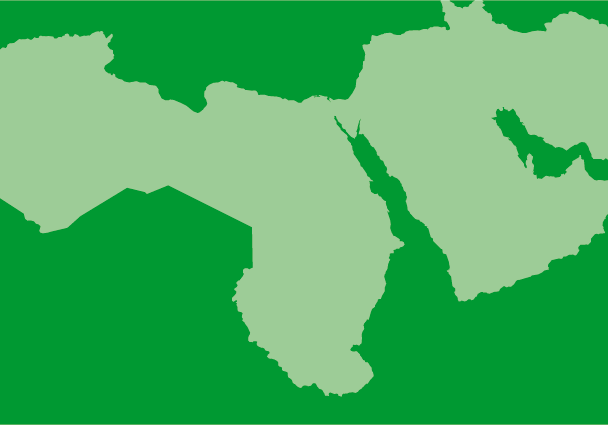
Joint NGO Letter: International Accountability Critical to Achieving Justice for Victims and Promoting Lasting Peace in Yemen
UN-led independent, international, and criminally focused investigation is required

UN-led independent, international, and criminally focused investigation is required
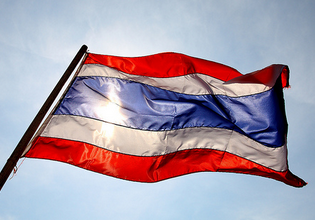
On the occasion of International Day of the Victims of Enforced Disappearances, the International Commission of Jurists (ICJ) and Amnesty International consider the adoption of the long-delayed legislation on torture, ill-treatment and enforced disappearance bill to constitute an important step toward the prevention and redress of these crimes. The organizations regret, however, that deficiencies in some provisions mean that it will fall short of becoming a fully effective legal instrument.
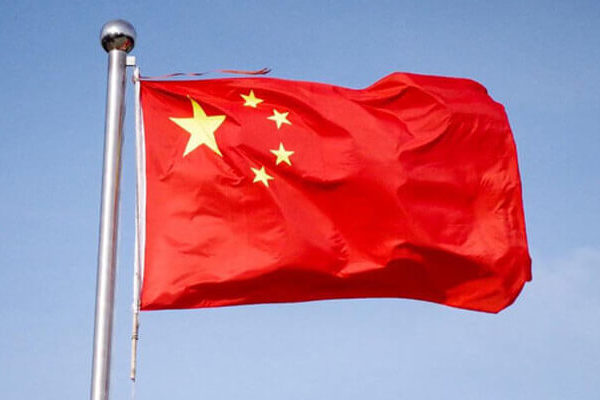
On the International Day of the Disappeared, the international community must recognize and respond to the widespread use of enforced disappearances in the People’s Republic of China.
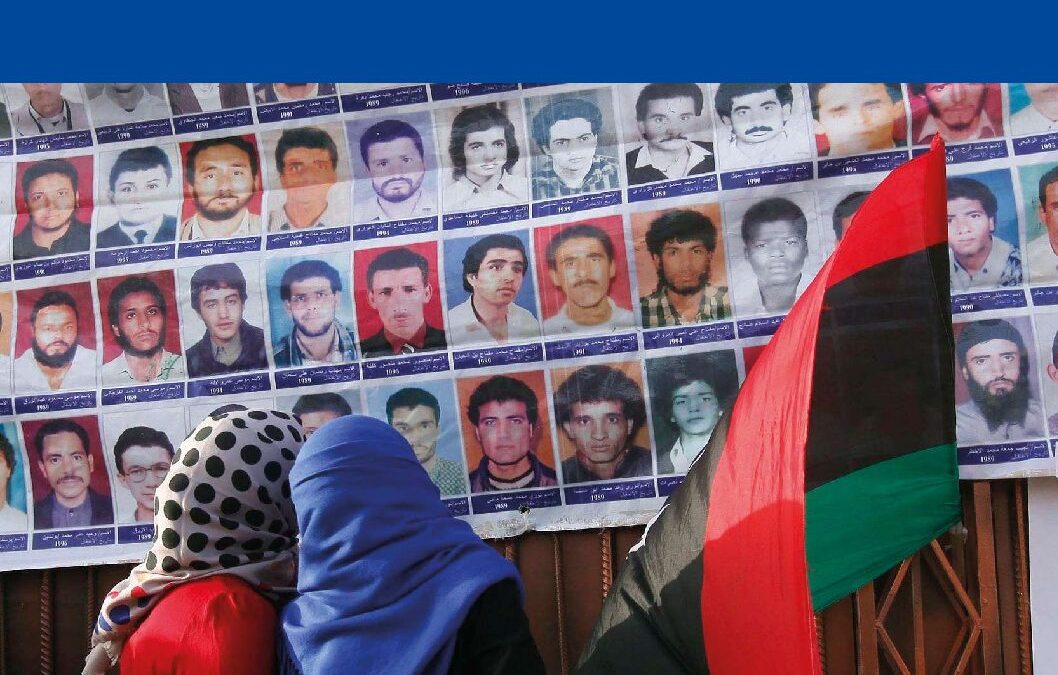
The international community should double down on its efforts to address impunity for crimes under international law in Libya by strengthening the capacity and effectiveness of international accountability mechanisms, the International Commission of Jurists (ICJ) said in a briefing paper published today.
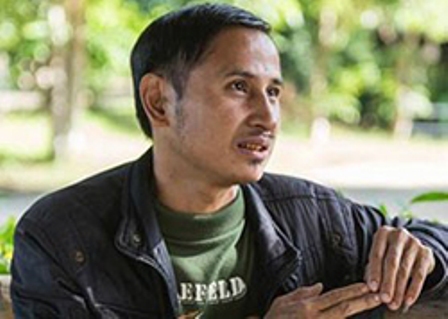
The indictment of Chaiwat Limlikit-aksorn, former chief of Kaeng Krachan National Park, and three other park officials for the premeditated murder of Karen activist Pholachi “Billy” Rakchongcharoen that was announced on 15 August 2022, is a welcome step towards justice, said the International Commission of Jurists (ICJ) today.